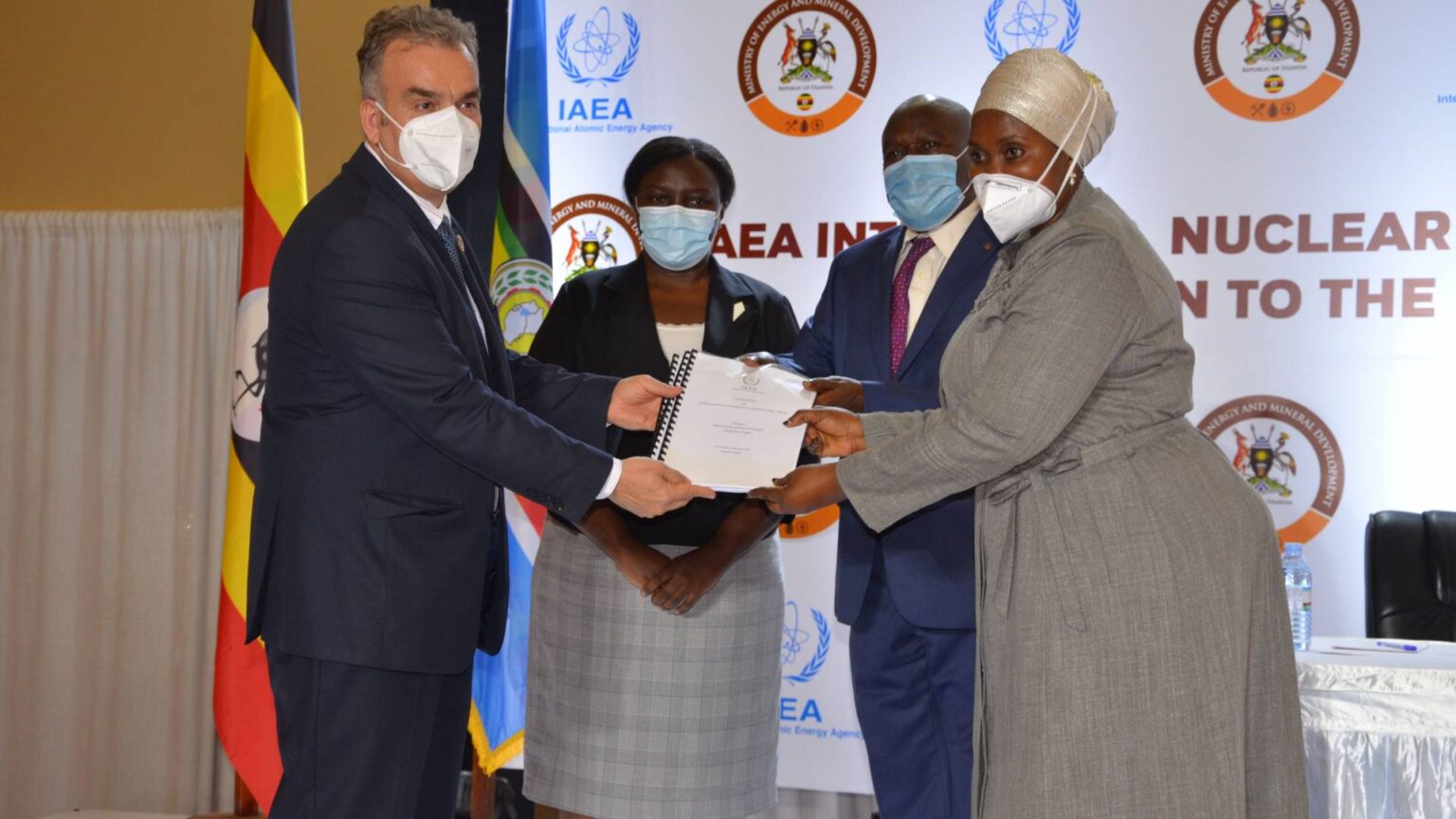- Uganda signed a deal with China under which the China National Nuclear Corporation(CNNC) would assist its endeavours to tap into one of the few Nuclear energy sources in Africa.
- The first nuclear project, Buyende Nuclear Power Plant, will be located in Buyende, approximately 150 km(93 miles) north of Kampala.
- Uganda has an estimated 52000 square kilometres of uranium deposits around Buganda, Toro, Ankle and Bunyoro.
Africa takes the next step in its evolution as Uganda announced its plans to generate at least 1000 MegaWatts(MW) from its nuclear power plant by 2031. This lines up with its efforts to identify alternative energy solutions that guarantee faster and more efficient electricity production. Uganda will become one of the few countries to produce nuclear energy in Africa, further boosting its economic growth exponentially.
Uganda first discovered its uranium deposits in 2004, and since then, nuclear power became a valid option for the country. Unfortunately, at the time, Uganda was ill-equipped to tap into the power of its uranium deposits. In their most recent report, Uganda has an estimated 52000 square kilometres of uranium deposits around Buganda, Toro, Ankle and Bunyoro.
According to Reuters, President Museveni seeks to tap into this alternative energy source to lighten the load on its power plants, and offer an additional activity for the country’s economic growth.
Also, Read ‘Africa isn’t ready for nuclear business’.
Museveni emphasised that his administration would capitalize on the country’s Uranium resources for prospective nuclear energy development. If Uganda can achieve this feat, it will join Egypt as one of the few countries in Africa developing a nuclear plant. South Africa has been generating power from its Koeberg nuclear plant for the last 29 years.
During its first discovery in 2004, Uganda went on to sign a five-year contract with the International Atomic Energy Agency. This agreement significantly cut the construction time of Uganda’s Nuclear Power plant projects by approximately 20 years.
At the time, Uganda’s Water and Environment Minister, Mr Ephariam Kwamuntu, stated that Uganda was sitting on a pile of Uranium that would solve a majority of its energy problems.
Plans are Underway
The first nuclear project, Buyende Nuclear Power Plant, will be located in Buyende, approximately 150 km (93 miles) north of Kampala. Current Energy and Minerals Minister Ruth Nankabirwa Ssentamu said preparations are already underway.
“We are currently evaluating Uganda’s first Nuclear power plant in Bunyele to pave way for a new energy solution. It will generate 2000 MW with the first 1000MW to be connected to the national grid by 2031,” she added.
Ssentamu added that there is an urgent need to power Uganda’s economic growth. This will only be possible by being one of the first nuclear energy in Africa. It would not only provide additional power to its country but also could potentially attract foreign buyers and bring in additional export revenue to the country. Uganda is taking steps to safely and efficiently integrate nuclear energy into its electricity generation mix to ensure energy security and provide enough power for its industrialization plans.
Also, Read The Sahara Still Remembers…a Haunted Past Versus Africa’s Nuclear Future.
In addition to improving Uganda’s economic activity, nuclear energy will open doors for its citizens. It would not only have the ability to address its high unemployment rate but also improve its educational sector. With the establishment of Uganda’s nuclear power plant, the need for experts to expand and improve its system will increase. It would also emphasize a knowledge-based economy since working and dealing with nuclear energy requires a certain level of expertise. Acquiring such skills and know-how is only available in well-defined learning institutions.
Uganda’s Nuclear energy Plant has also sparked the interest of other African countries like Kenya, Tanzania and Namibia to look into nuclear energy as an alternative source of power and revenue.
